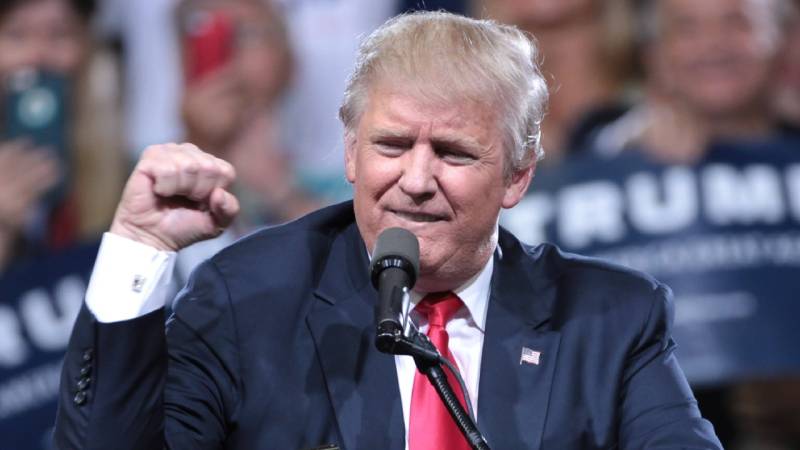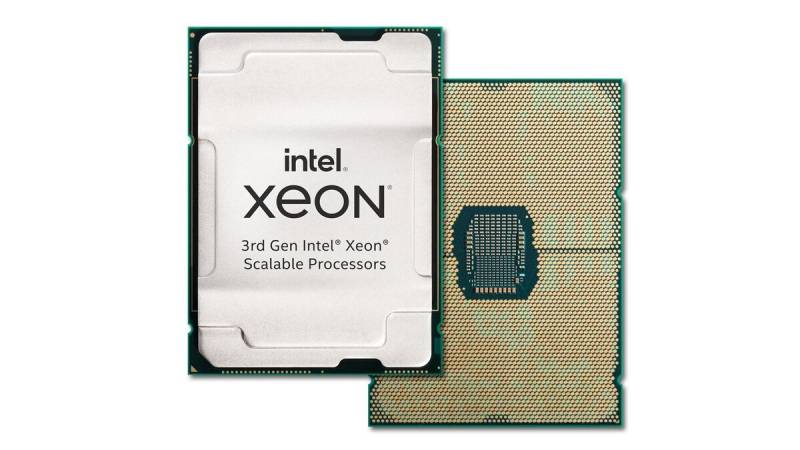Elon Musk is no stranger to transformation. From revolutionizing electric vehicles with Tesla, to commercializing space through SpaceX, to experimenting with social media strategy at X (formerly Twitter), his story is one of disruption, reinvention, and relentless ambition. Now, Musk is shifting again—this time toward something even more unpredictable: American politics.
In the latest turn of events, Musk has reportedly laid the groundwork for what could be the most radical chapter of his public life yet—founding a political organization dubbed the America Party. While the details are still murky, the implications are anything but. For a man who has consistently defied boundaries in business and technology, a venture into the political arena isn’t just another headline; it’s a seismic signal that the rules of engagement in politics, like those in tech, are ripe for rewriting.
Read Also: Uphorial Sweatshirt

This move doesn’t exist in isolation. It lands in a volatile landscape where former President Donald Trump is stirring trade war tensions again, threatening sweeping tariffs ahead of a crucial Wednesday deadline. As global leaders rush to renegotiate terms and brace for another economic standoff, Musk’s entry into political commentary—and possibly candidacy—adds a new layer to the conversation. His blend of populism, techno-optimism, and libertarian leanings makes him a wild card not only in Washington but also globally.
But what does Musk want?
The answer likely isn’t as simple as a title. Musk has always had a flair for bending ecosystems to his will. He didn’t join the automotive industry to make another car—he joined to upend it. He didn’t start building rockets to compete with NASA—he aimed to colonize Mars. Politics, for Musk, might not be about power in the traditional sense. It might be about reprogramming the system itself. At the core of Musk’s philosophy is the idea that old frameworks are broken. And while some critics view his political stirrings as the eccentric musings of a billionaire in search of a new playground, others see the formation of the America Party as a potentially disruptive force in a polarized two-party system. A party that blends pro-business sensibilities with libertarian freedom, technocratic innovation, and a sharp disdain for bureaucracy? That’s an algorithm Musk could engineer—and sell.
On another front of disruption, the tech and AI arms race just clocked another record. CoreWeave, a specialized cloud infrastructure provider, is finalizing a $9 billion acquisition of Core Scientific, a titan in Bitcoin mining and high-performance computing. It’s a deal that signals more than consolidation—it represents the increasing convergence of AI and infrastructure. The AI revolution demands one thing above all: raw, scalable compute power. With CoreWeave eyeing dominance in generative AI, this acquisition doesn’t just give them access to more GPUs or data centers—it gives them leverage in the future of intelligence itself. The infrastructure war is on, and CoreWeave just took a big step toward becoming its general.
What links Musk’s political rise and CoreWeave’s acquisition isn’t a coincidence—it’s control. Whether it’s over narrative, policy, or processing power, the central question of this decade is who gets to shape the future. For Musk, it may be about shaping the cultural and legislative tone that drives innovation. For CoreWeave, it’s about owning the rails on which the AI trains run. We are entering a new industrial era where technology, policy, and identity are no longer neatly separated. They’re clashing, converging, and being recoded by those bold enough—or rich enough—to believe they can do it better. Elon Musk isn’t just playing in that arena—he may be trying to own it. The big moves this week—Musk’s America Party and CoreWeave’s $9 billion grab—aren’t just breaking news. They’re chapters in a larger story: of systems on the edge of transformation, and the individuals audacious enough to try and redefine them.



